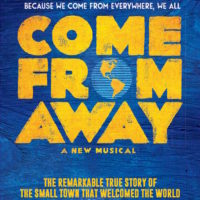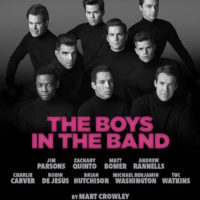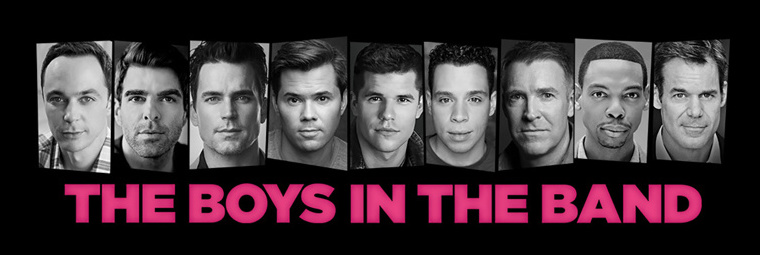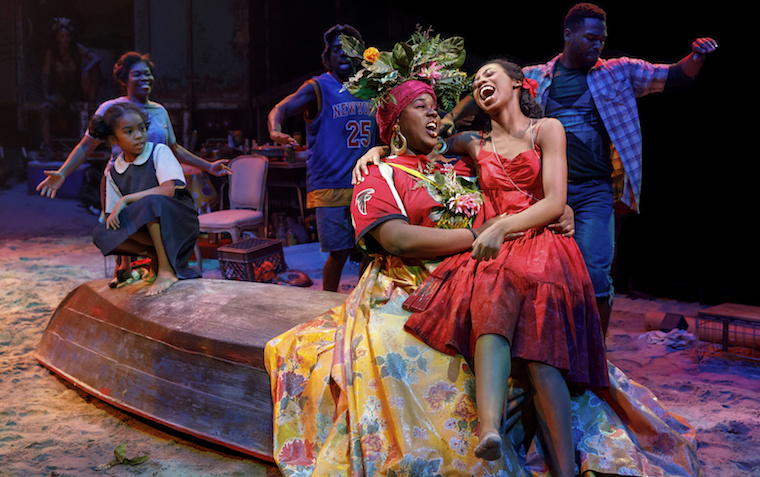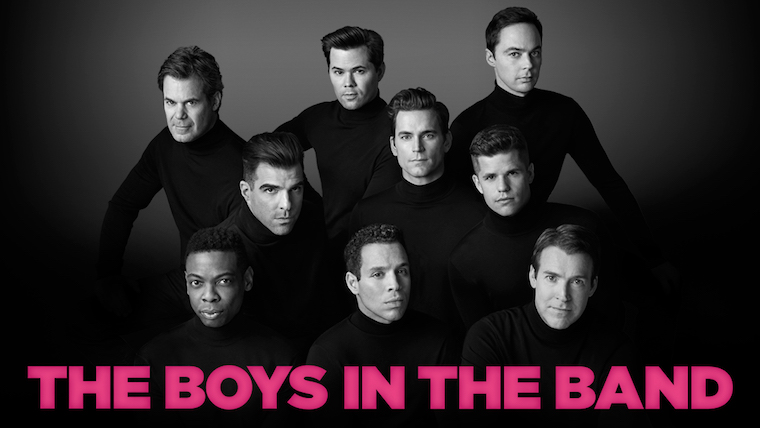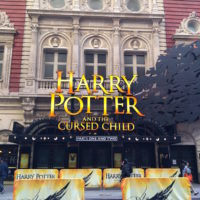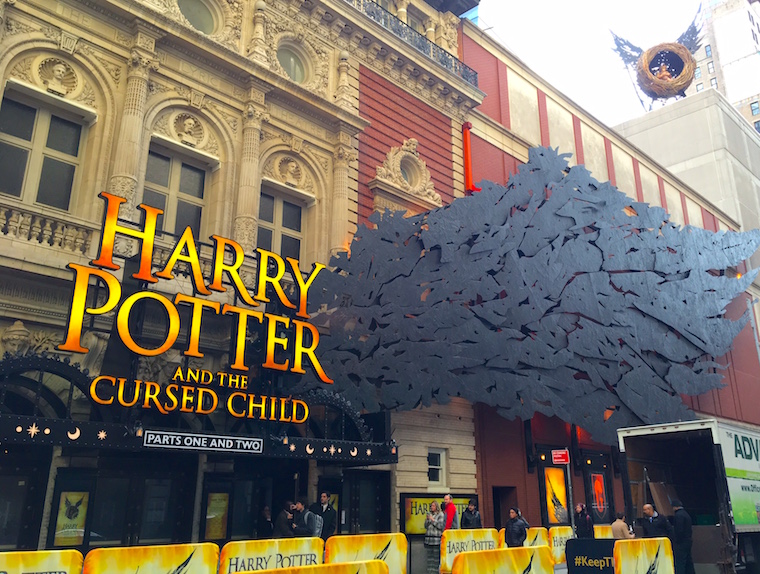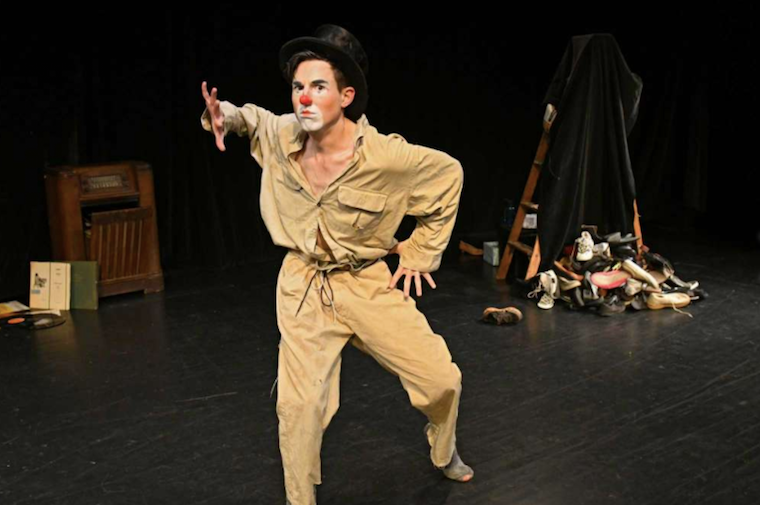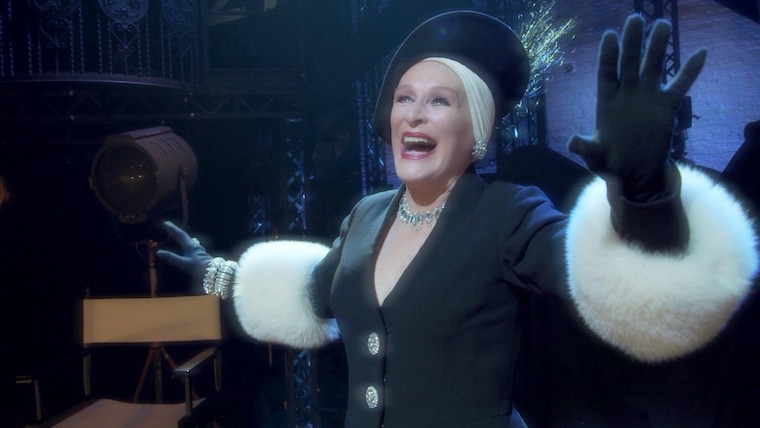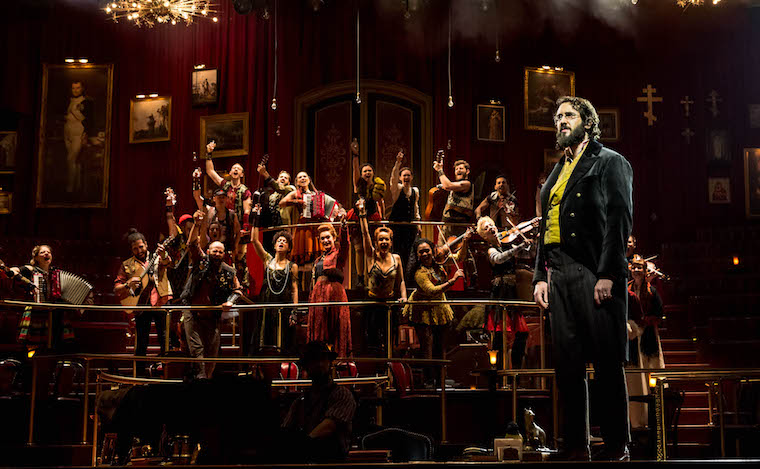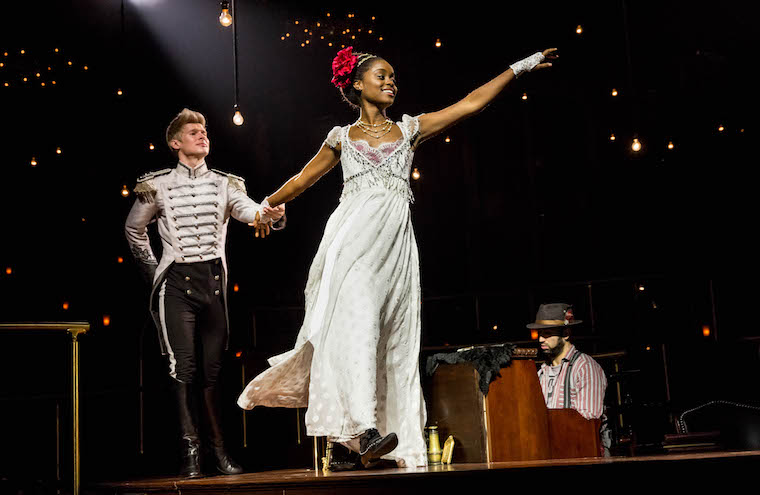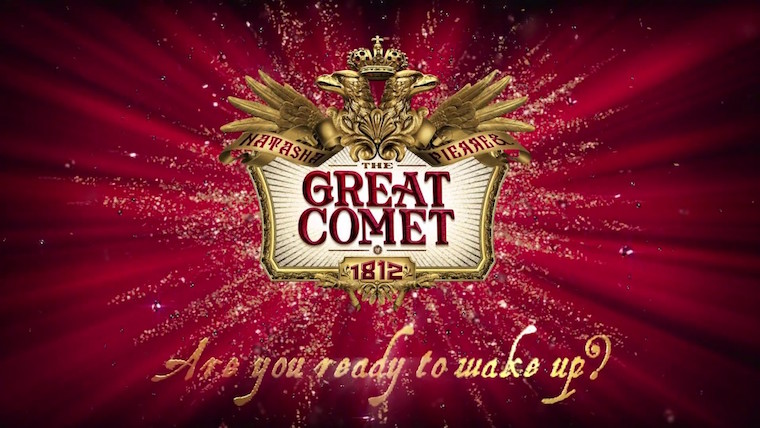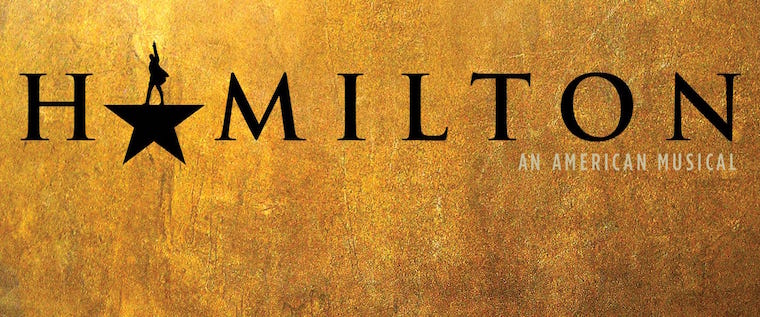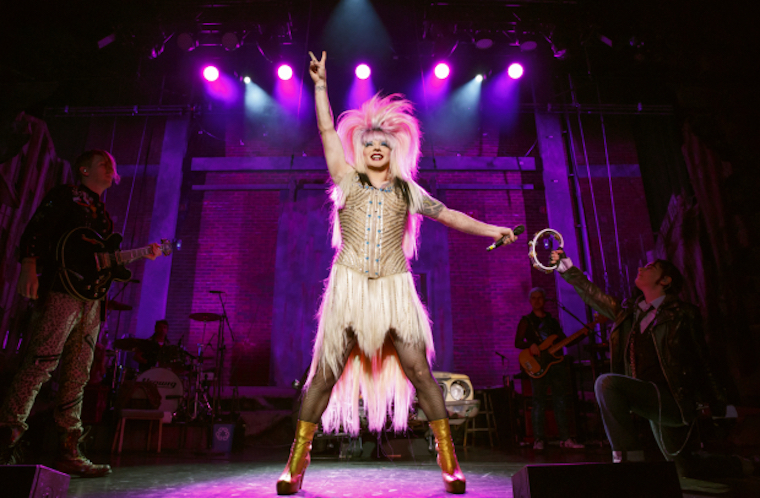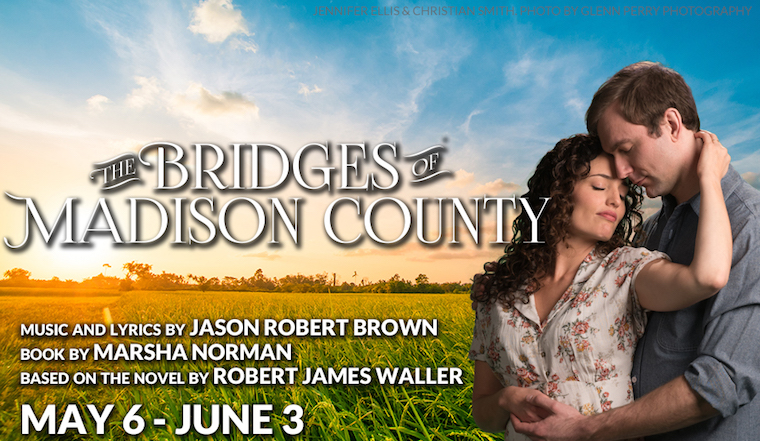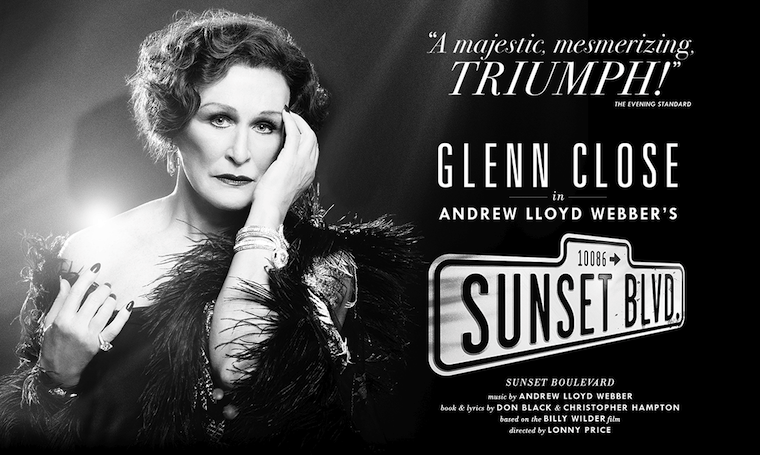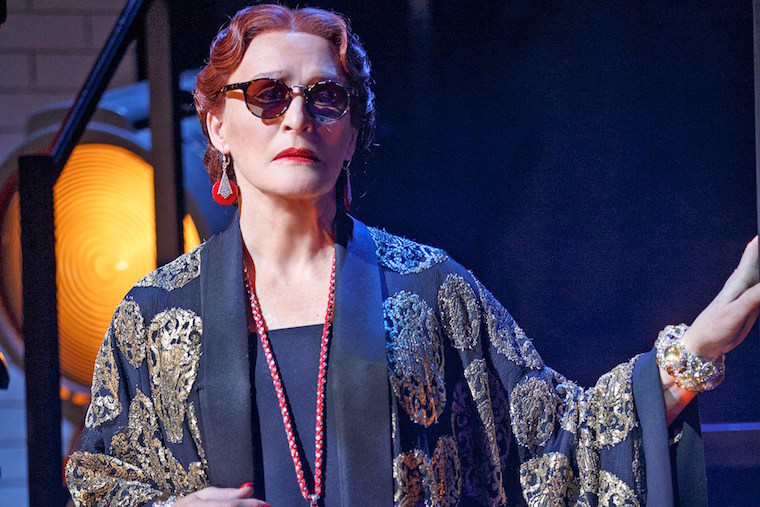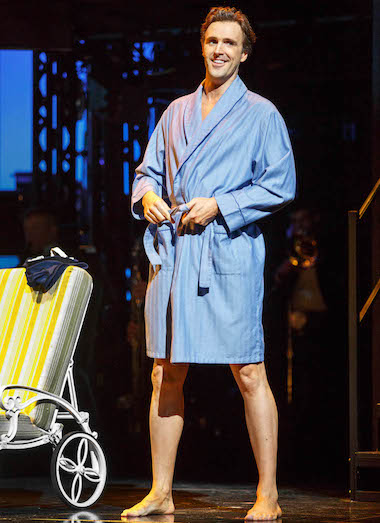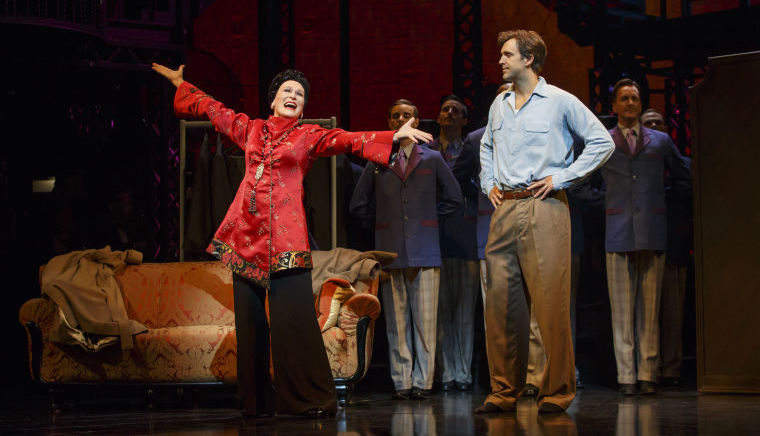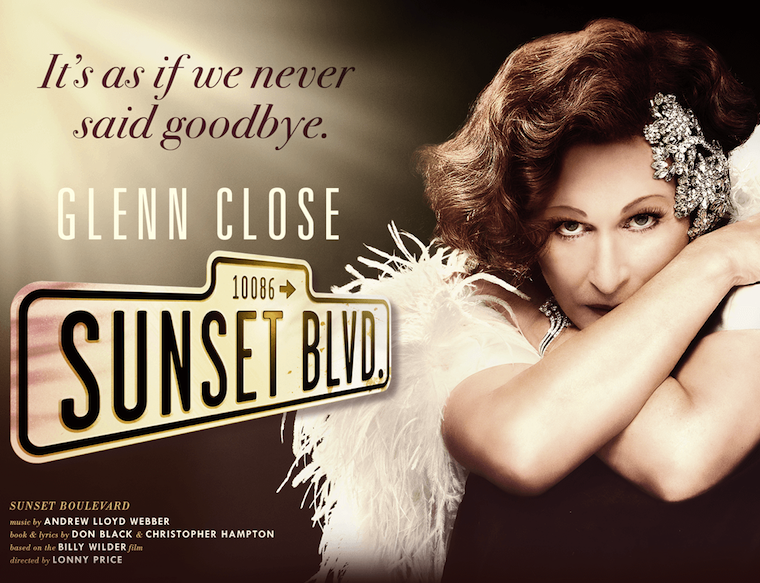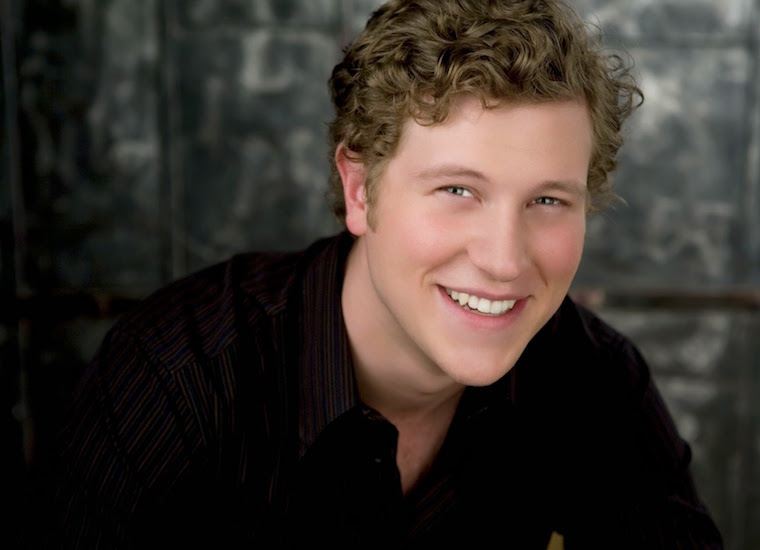It struck me halfway through this moving musical that all of my friend’s children have no memory of what happened on 9/11, and therefore the next generation will grow up in a state of innocence at least somewhat similar to how me and my friends grew up. There’s something very sorrowful in that, and something rather lucky too. Both sides of the story are in effect as ‘Come From Away’ weaves its tale of the aftermath of that dark day, when planes were re-routed out of American air space and onto Canadian soil, in a tiny town in Newfoundland. Overwhelmed by the 39 planes that arrived (the airport had only ever seen five or six a day at the most), the town came together to welcome and care for the thousands of scared, confused and shell-shocked new additions who had “come from away†to a land in the middle of nowhere.
While the specter of 9/11 hangs somberly over the proceedings, and there are moments of elegiac reverence that will bring you back to that haunted day, it is the resilience and generosity of the human spirit that ultimately wins out in the end, creating a memorable distillation of a world gone mad and trying to rescue and heal itself in the face of unimaginable horror. I didn’t think a musical could do it such honor, but ‘Come Away Away’ achieves that and more, giving us a voice of optimism in some very dim days.
Brought to glorious life by a cast that sees each member playing multiple roles, this is very much an ensemble piece (nine of the fifteen listed numbers are attributed only to ‘Company’) – and though each performer gets a few stand-out moments, the overall effect is a group working together to make things better – the very personification of the story at hand. Whether strapped convincingly in their airplane seats or rollicking wildly in the local pub, they manage to make a group of disparate chairs (the main set-pieces of a sparse, tree-framed stage) come alive, transforming seamlessly in and out of character from local to visitor, and somehow it never gets confusing.
Backed by an onstage band that stays largely hidden in the shadows of the trees (until the post-finale release), the music on hand is the driving force that buoys the production, providing a compelling foil for all the spoken exposition. It also drives the more rousing numbers, setting things into motion with ‘Welcome to the Rock’ and giving soaring anthemic propulsion to ‘Somewhere in the Middle of Nowhere.’ Comedic moments like ‘Screech In’ get ear-worm melodies while the aptly titled ‘Prayer’ incorporates a classic hymn while winding in a world of spiritual sounds.
The pendulum from profound joy to heartrending grief swings back and forth several times during the course of the evening, giving due gravitas to the proceedings, yet the show never stops being engaging and entertaining. As the days slowly unfurl, life finds a way to adapt to everything that came after. One couple comes together while another breaks apart, friendships are made and instantly galvanized under the weight of what the world was going through, and by the end of the show this human experience, which should have by all rights been nothing more than an unbearable exercise in sadness has become an uplifting example of how good we can sometimes be.

